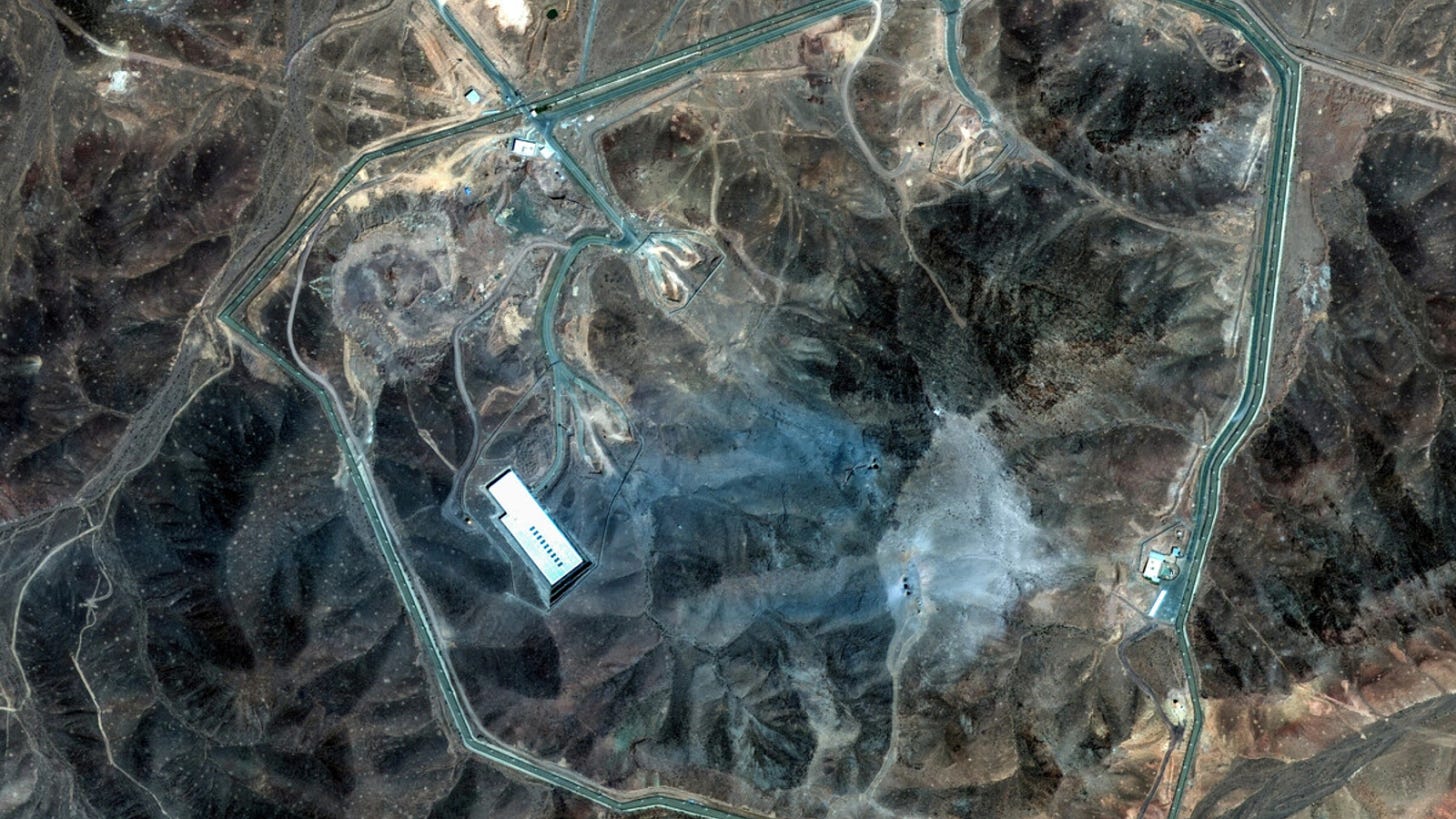First Hubris, then—
Will MAGA—and America—face nemesis after the Iran strikes?
First hubris, then—
Until last week, the jury was still out on Tucker Carlson’s new media venture, for me at least.
He’s been doing it now for quite a while—is it two years already?—and he’d had some knockout content for sure. But it also seemed pretty clear Tucker needed a bit of time to adjust to the new format and, perhaps most of all, to the newfound absence of constraints.
However big a star Tucker was at Fox, he still had to operate within limitations that were imposed upon him by others, but now it’s the Tucker Carlson Network he gets to do what he wants and to speak to who he wants for as long as he wants about whatever he wants.
Huge difference.
Where Tonight with Tucker Carlson, and even the Tucker Carlson Originals documentaries, were lean and mean and edited and scripted with minute attention to detail, with Tucker’s new long-form interviews there’s been a tendency towards bloat and for Tucker to get sidetracked into issues that—well, don’t really matter or would be best left to someone else. The Tate brothers, UFOs and Barack Obama’s backdoor comings and goings, spring to mind. Even the Putin interview, coup that it was, didn’t quite go the way it should have.
All that changed last week, though, when Tucker sat down to interview Ted Cruz on the subject of Israel vs. Iran. In particular, Tucker—like all of us— wanted to know what the United States was going to do now Israel had attacked Iran’s nuclear facilities and assassinated most of its military top brass.
In a single two-hour interview, excruciating at times to watch, Tucker justified the longplay format many times over and also did America a tremendous service.
Tucker applied hammer and tongs to the veteran politician, who was widely supposed to be the hardest debater the Republicans can field. In the aftermath, Cruz is a lame duck. A total softie. Nobody will ever be afraid to stand across from him on stage again.
At times Tucker was brat, but mostly he was calm and collected and he just asked Cruz simple questions he couldn’t answer coherently or with dignity.
To use an old adage, Tucker gave Ted Cruz the rope to hang himself with—and hang himself Ted Cruz did.
By the end of the interview, it was obvious the justification for US attacks on Iran, in any form, rested on no firmer a foundation than what Ted Cruz had been told about Israel at Sunday school.
It was clear, too, that the same hubris that infected George W. Bush and his neocon cronies when they embarked on the War on Terror has been transmitted to a new generation of Republican politicians who claim to be so different from them.
Worst of all, surely, was the moment when Tucker calmly asked Cruz how many people live in Iran.
It’s an easy one. Shouldn’t you know the population of a country you might be about to go to war with?
Cruz didn’t.
And what about the ethnic makeup of Iran? After all, that was one of the defining problems of Iraq: the Sunnis and Shiites and Kurds and their backers and proxies beyond Iraq’s borders.
Again, Cruz didn’t have a good enough answer.
So that was the hubris, and Tucker Carlson’s role in exposing it for all the world to see. Thank you, Tucker.
Now, it seems, we’re on the verge of nemesis, as any ancient Greek or classically educated schoolboy could have predicted. On Saturday, President Trump ordered his own strikes on three Iranian nuclear facilities after last-ditch attempts at negotiation with Teheran, mediated by Turkey, failed. Ayatollah Khamenei was unreachable, incommunicado in a fortified goon cave somewhere deep in the Zagros Mountains.
The potential for “massive escalation,” including all-out war and invasion, is very real. We still await a full Iranian response. Russia has warned that “several” other nations are willing to supply Iran with nuclear weapons. And now Trump appears to be endorsing regime-change in Iran via his Truth Social account, even as his Defense Secretary, Pete Hegseth, tells the assembled press at a Pentagon briefing that regime-change was not the intended aim.
I don’t think we should get ahead of ourselves. In truth, it looks like Iran’s ability to retaliate is actually quite limited, despite what we’ve been warned for years. Initial attempts to close the Strait of Hormuz have foundered on the rocks of China’s enormous thirst for oil. The bulk of the oil that passes through that narrow channel is destined for China, not America, and Beijing doesn’t want to be drawn into a conflict that restricts this vital resource unless it’s unavoidable. Iran simply doesn’t matter that much to China, not as much as oil.




